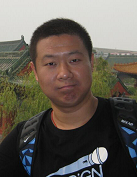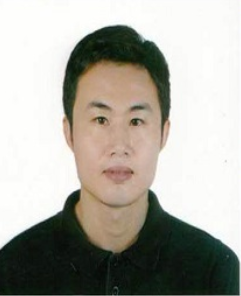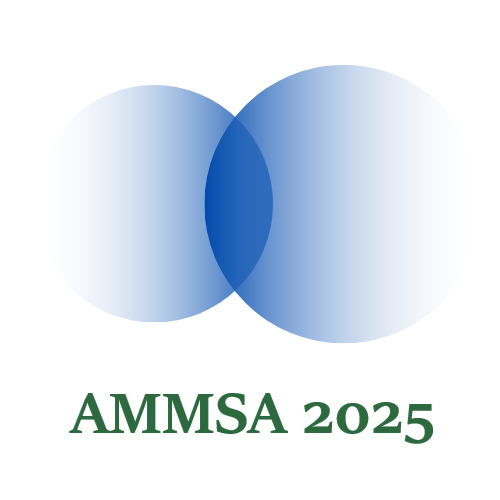|

|
Prof. Lu Leng: School of Software, Nanchang Hangkong University, China
Research Interests: Biometric Feature (palm
print, palm vein, face, etc.) Recognition, Biometric Template Protection,
Computer Vision
|
|
LU LENG received his Ph.D
degree from Southwest Jiaotong University, Chengdu, P. R. China, in 2012. He
performed his postdoctoral research at Yonsei University, Seoul, South Korea,
and Nanjing University of Aeronautics and Astronautics, Nanjing, P. R. China.
He was a visiting scholar at West Virginia University, USA, and Yonsei
University, South Korea. Currently, he is a full professor at Nanchang
Hangkong University. Prof. Leng has published more than 100 international
journal and conference papers, including about 60 SCI papers and three highly
cited papers. He has been granted several scholarships and funding projects,
including five projects supported by National Natural Science Foundation of
China (NSFC). He serves as a reviewer of more than 100 international journals
and conferences. His research interests include computer vision, biometric
template protection and biometric recognition. Prof. Leng is an outstanding
representative of "Innovation Talent" of Jiangxi Enterprise in
"Science and Technology China" in 2021, received "Jiangxi
Youth May Fourth Medal" in 2019, "Jiangxi
Hundred-Thousand-Ten-thousand Talent Project" in 2018, "Jiangxi
Voyage Project" in 2014, etc.

| Prof. Changyou Wang: Chengdu University of Information Technology, China Research Interests: delayed partial differential equations, difference equations, biomathematics, fractional differential equations, control theory and control engineering, as well as digital image processing | Professor Changyou Wang is currently affiliated with Chengdu University of Information Technology, located in Chengdu, Sichuan Province, China. Since July 2017, he has held the position of Professor, serving concurrently as the Director of the Applied Mathematics Research Center, Graduate Supervisor, and Member of the Academic Committee at the university. From January 2012 to June 2017, he was a Professor and Director of the Institute of Applied Mathematics at Chongqing University of Posts and Telecommunications in Chongqing, China. Additionally, he served as a Council Member of the Chongqing Mathematical Society from January 2012 to December 2020. Since 2014, he has been a Contributing Reviewer for Mathematical Reviews, published by the American Mathematical Society. His educational background includes a Ph.D. in Applied Mathematics from the College of Applied Science at Beijing University of Technology, China, which he completed from September 2008 to June 2012 and successfully obtained in 2012. Additionally, he earned an M.S. in Applied Mathematics from the College of Mathematics and Software Science at Sichuan Normal University, Chengdu, Sichuan Province, China, between September 2001 and June 2004. He completed his B.S. in Basic Mathematics from September 1987 to June 1989 at the Department of Mathematics, East China University of Science and Technology (formerly East China Geological Institute), Nanchang, Jiangxi Province, China.
His research interests encompass delayed partial differential equations, difference equations, biomathematics, fractional differential equations, control theory and control engineering, as well as digital image processing. Over the years, he has published more than 140 academic papers, authored 2 academic monographs, and undertaken more than 20 research projects.
|

| Prof. Yanjun Liu South China University of Technology, China | Prof. Yajun Liu is a full professor in the Professor in the School of Mechanical and Automotive Engineering, South China University of Technology (2016-at pressent). His research interests include Digital signal processing technology and its application in mechanical systems (such as hydraulic System for Energy Saving.); Intelligence control and Manufacturing Engineering. Moreover, Prof. Yajun Liu has published more than 150 papers in Journals and proceedings of international conferences. 35 patents on Mechanical System design and manufacturing.
|
|




